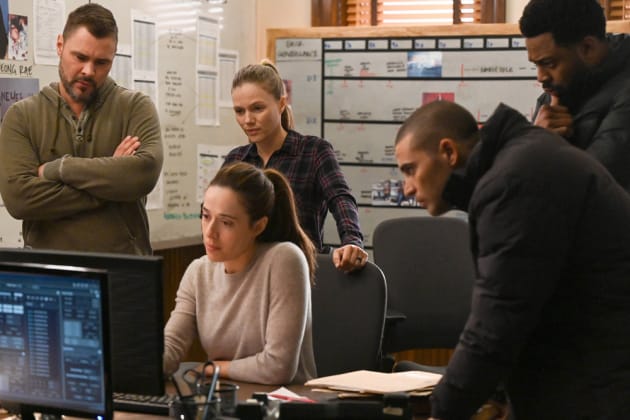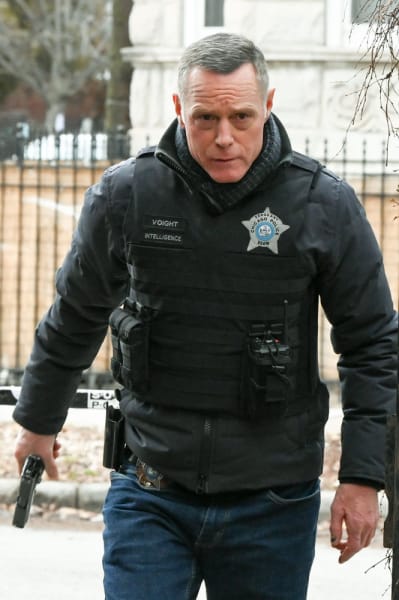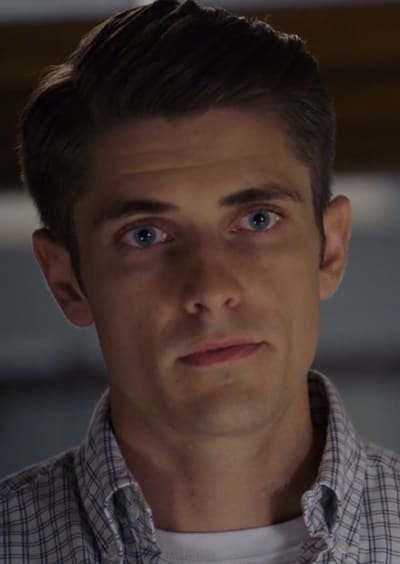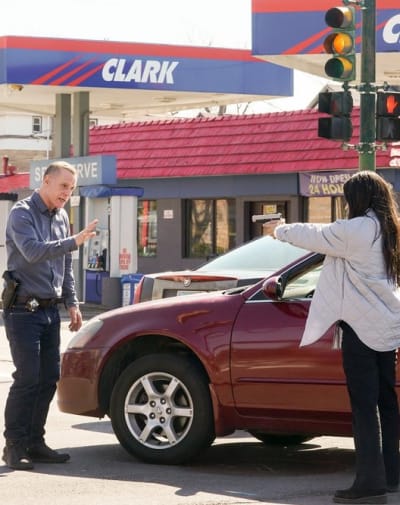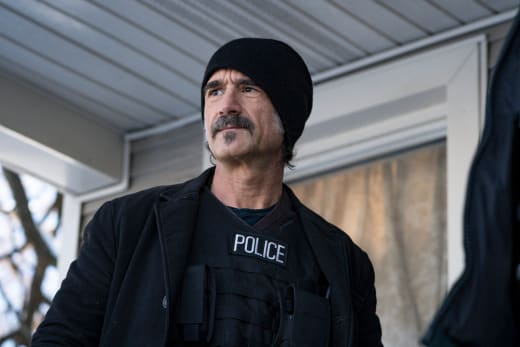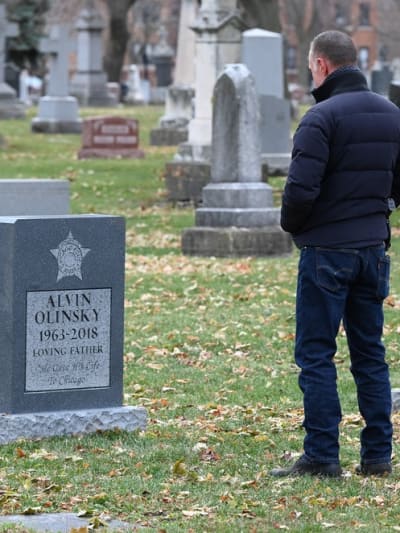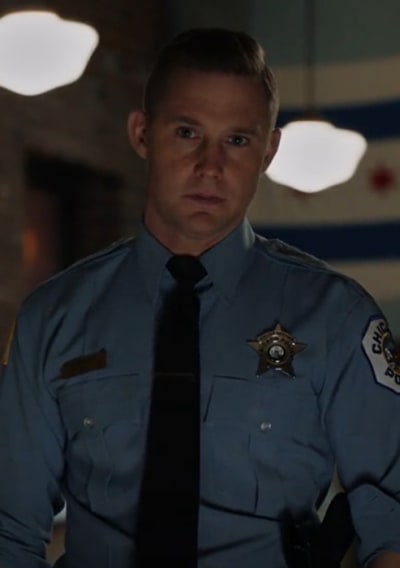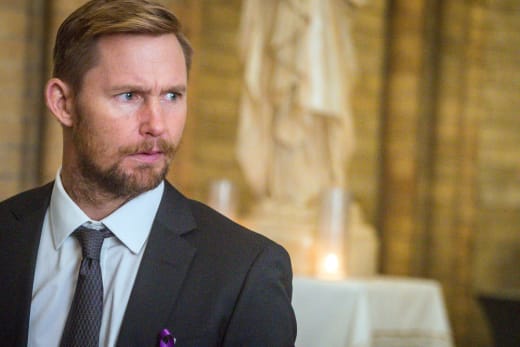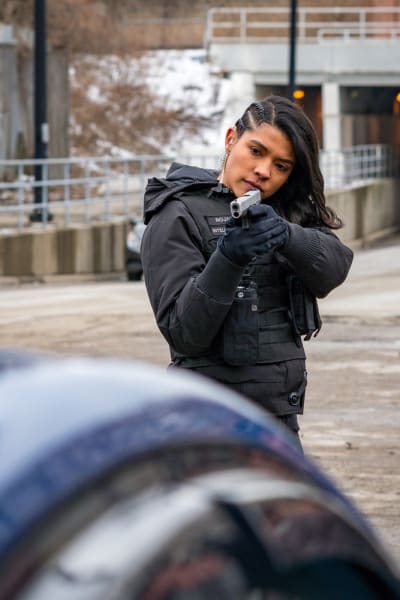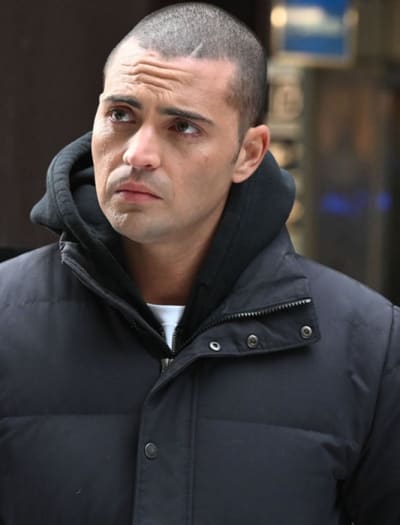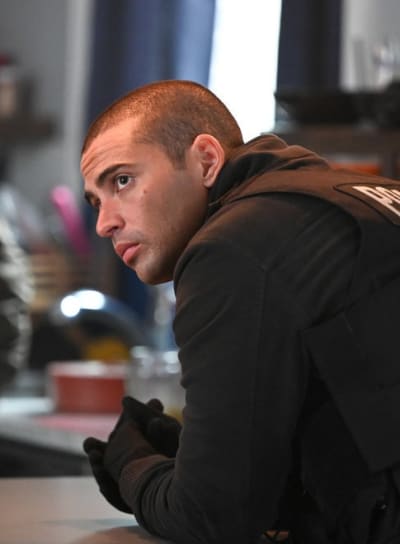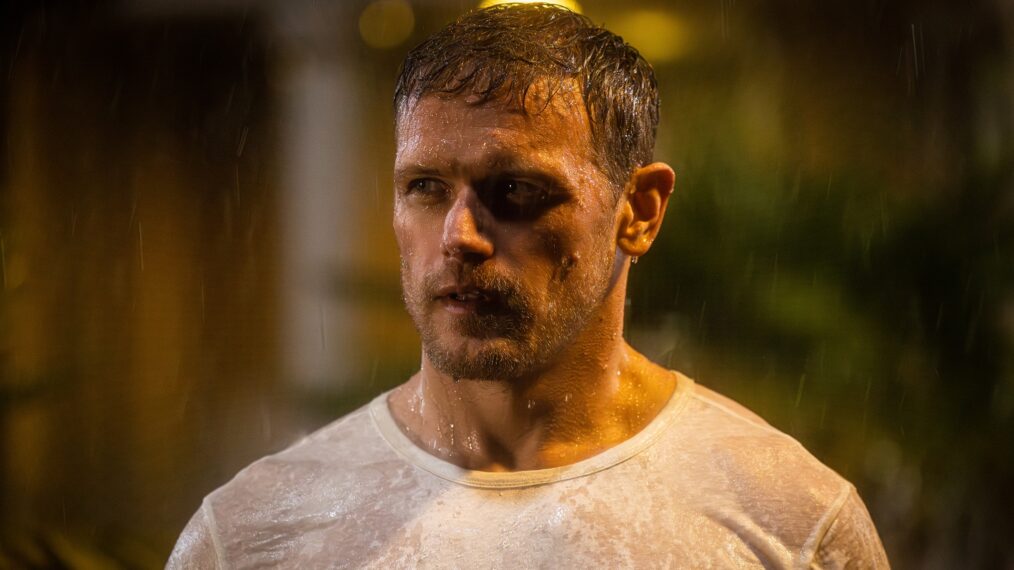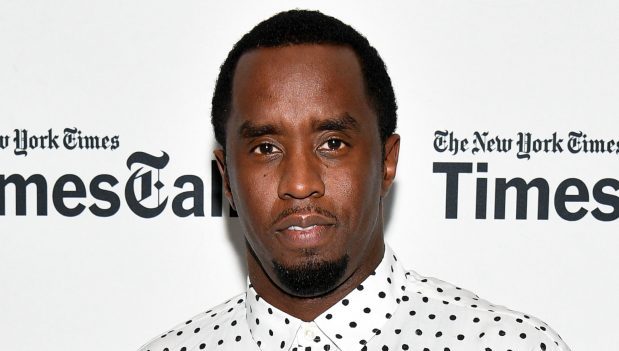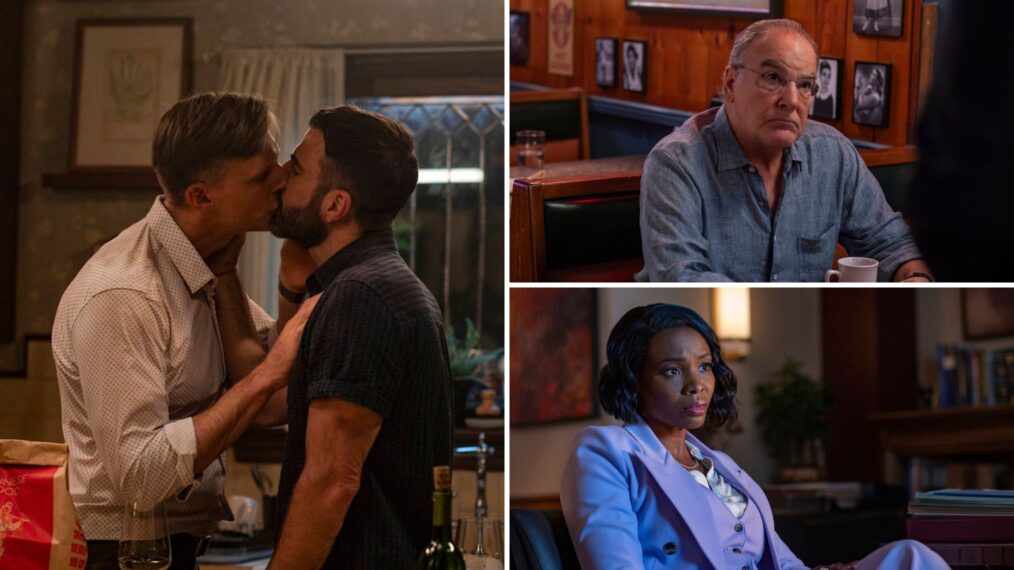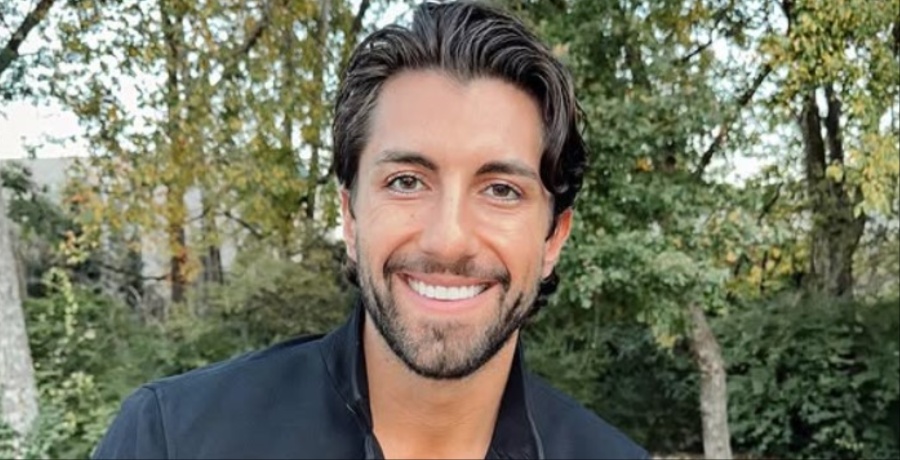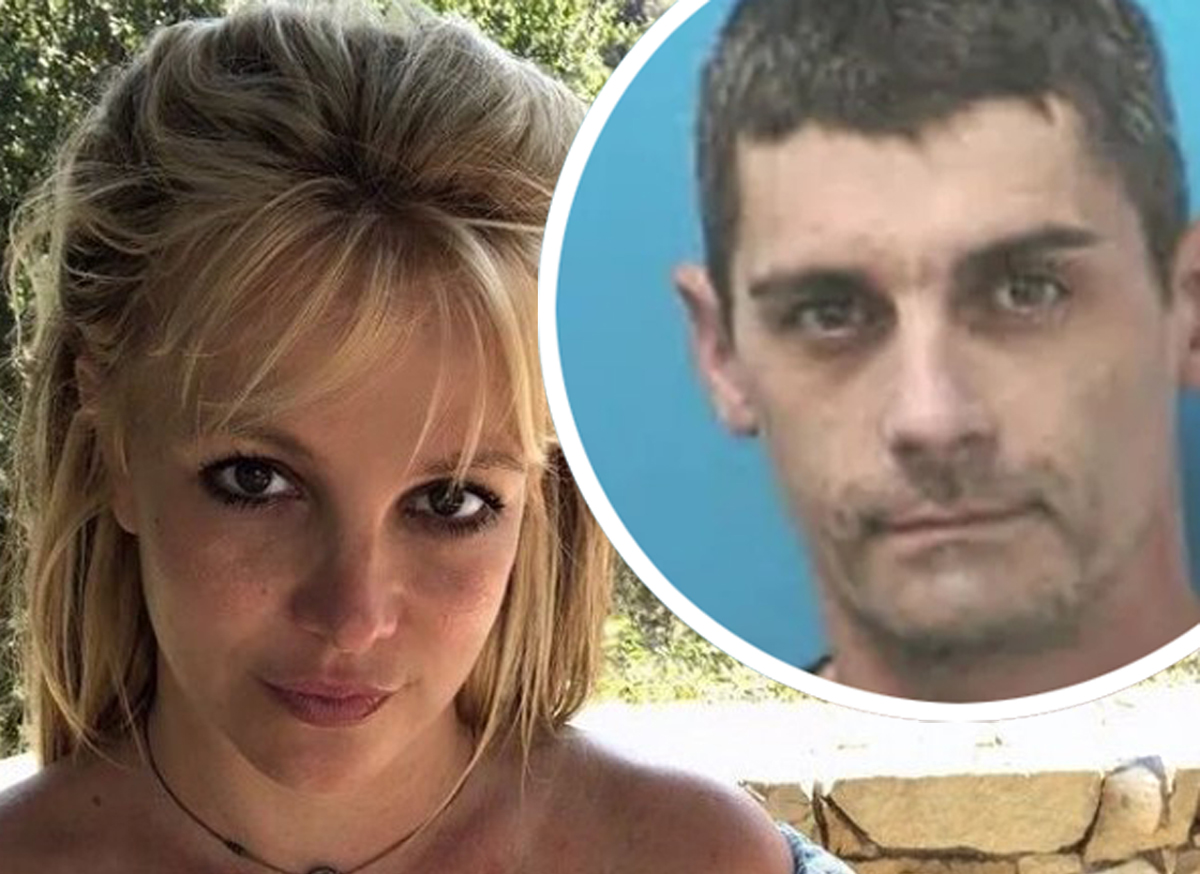With eleven seasons under its belt, there have been many Chicago PD characters introduced.
In proper One Chicago fashion, the series has undergone many cast changes and evolution, as we’ve seen a revolving door of characters enter our lives only to depart, and some make some epic returns.
With a series about policing that’s evolved from its early days of presenting a squad akin to Southland to an even more conscientious approach, especially in the Post-George Floyd era, Chicago PD has kept up with the times.
Part of the appeal of the series is that they’ve had great characters who have drawn the audience in — individuals who have kept the interest of viewers, embarking on character journeys that have kept us invested and evoked all the emotions.
However, Chicago PD is also procedural, and with that comes typecast roles that are standard fare. In the interim, there are specific prototypes we expect from a standard procedural and others that elicit more interest.
Among many great characters, Chicago PD has produced many compelling ones, but just when you think you may have figured out who falls within that category, you’ll be surprised.
Because with a series that has introduced so many interesting recurring characters via other law enforcement officers, confidential informants, and suits, the most compelling characters may not be the most pronounced.
Related: Chicago PD: Hailey Upton’s Impending Exit Shifts the Landscape of the Series
On the surface, it’s easy to assume our favorite characters fit the bill.
But Chicago PD is fortunate enough to have produced some truly unique characters who have intriguing enough backgrounds and storylines that they surpass the rest.
Nadia Became the Heart and Martyr Who Set the Pace
One of the first characters to come to mind regarding this is Nadia Decotis.
Nadia was crucial in putting Chicago PD on the map and was the bright spot in a series that could’ve easily been summed up with the shady things Hank Voight did as a cop leading a unit that operated in such a gray area.
Nadia provided a bit of light and heart to the series, and her death was subsequently a game changer for the series, helping it make its mark in a fascinating albeit tragic way.
As a former sex worker, seeing her connection with Erin and how far she came as a character was remarkable.
She was humanized in such a beautiful way, one you rarely saw regarding a sex worker and former addict, and it was lovely to see her character evolve and connect with the unit.
She was inspired to get clean, worked closely with the unit, and repeatedly proved an asset to them.
We saw how even though she hadn’t known them long, she was a loyal young woman, grateful for the second chance she was getting, and morally centered, with one of her shining moments being her willingly taking drugs despite her sobriety to protect Kim Burgess‘ cover.
Nadia climbed the ranks, working hard to become an administrative assistant to the unit, provided valuable intel to them based on her experiences, and for some time was the heart of the team and this beautiful representation of the good the unit could do with their work.
She was a visual representation of their impact, saving someone and allowing them to turn their lives around. And Nadia was well on the path to true greatness when she fell victim to a serial killer.
It was fascinating to see the impact that a civilian, especially one with Nadia’s background, had on each member of Intelligence, particularly Erin.
Her aspirations to become a cop, one who would eventually work for Intelligence, were marks of someone with a bright future ahead of her, making her abduction during Chicago PD Season 2 Episode 20 and death all the more tragic and one of the most notable moments in the series.
And even in death, Nadia did everything she could to help Intelligence nail her killer, earning every bit of the recognition she should’ve gotten.
Nadia set a precedent for Chicago PD’s knack for producing impactful characters that could have lasting effects.
Mouse’s Subtler PTSD Arc Has Yet to Be Replicated
Mouse was another character who left a lasting impression on the series and whose mark is deeply embedded in the show’s fabric.
Ironically, he was another instance of the series introducing a character as an asset, which led to an actual job with the team.
As Halstead’s old Army buddy, we knew they had a history that slowly unraveled through Mouse’s tenure on the series. However, they still left much to the imagination.
The series approach to alluding to certain things, like a humvee incident that left Mouse physically, mentally, and emotionally scarred, didn’t lead to some “very special episode” or thorough deep dive.
However, that’s part of what made Mouse’s journey so fascinating, and the storytelling is some of the series’ best.
Through him, we got our first glimpse of PTSD and what it’s like for a character we love to be living with it on a day-to-day basis.
Mouse was equipped with a background story that nicely folded into the series and touched on his struggles without the series hitting us over the head.
Related: Chicago PD Review: The Living and The Dead
Mouse’s PTSD wasn’t some one-and-done storyline that the series dabbled with for an episode or two and promptly forgot.
His PTSD looked and felt realistic in its portrayal because of the consistency, whether it was Mouse’s occasional issues with keeping his physical appearance up, his nervous ticks and habits, or his difficulty communicating and penchant for spacing out mid-conversation.
Mouse was one of the series’ most valuable but intriguing characters.
His departure was a compelling one of note as well (something the series has routinely struggled with) because despite the mental toll being in the military had on him, the familiarity, routine, and structure of it all still called to him.
Nothing was more realistic than a person with Mouse’s struggles and longing to be in the same setting that caused him some harm.
Mouse was one of the most intriguing looks at what veterans endure after their tours.
Anna’s Connection with An Emotionally Inaccessible Voight Reignited His Complexities
No one could’ve predicted the type of deep bond Voight and Anna Alvalos would share throughout most of Chicago PD Season 9, but that bond cracked Voight open in a way we hadn’t seen in multiple seasons.
While the Los Temidos storyline was sometimes all over the place, Anna represented an unflinching look at trauma survivors and the difficult path to coping and navigating life with crappy hands dealt to them.
Given Chicago PD’s history, we could suspect Anna wouldn’t have the greatest end.
Yet, it was no less difficult to watch with bated breath as her undercover work spiraled out to the successful end of the season’s villain, yes, but also her own.
Anna was a hardened, tough character, which is likely why Voight connected to her and seemed to break when Upton shot her, and she subsequently died.
In many ways, Anna never stood a chance, a woman who survived brutal sexual assault and the murder of her loved ones and pursued a long journey of seeking revenge before crossing paths with Voight.
Her need for vengeance consumed her, and the undercover work becoming something she could not handle in the end made her journey one of the most heartbreaking of the series and impactful, too.
Related: 10 Shows to Watch If You Loved Griselda
She was an intriguing character in her own right because of her experiences and motivations.
Still, her ability to draw something out of Voight, who had become as emotionally distant from the audience as every other character in his world, made her this invaluable presence in the series, profoundly influential in the life of an ever-evolving Voight.
Olinsky’s Silent Stoicism and Unwavering Loyalty Kept Viewers in Suspense
During all the time we had Alvin Olinsky, we got to know him well, but we did not know him fully simultaneously.
And that was part of his intrigue.
Related: Chicago Universe and Two Law & Order Shows Renewed
He was a man of few words, but he only required a few to get his point across or elicit a particular reaction from other characters and viewers.
As the man behind Voight, he had one of the most intriguing roles of the series — one that sadly led to his demise. But even then, his loyalty to the bitter, gruesome end was unlike anything we’d seen before in this context.
Essentially, Olinsky was unknowable and singlehandedly one of the most influential characters of the series whose presence and death set the groundwork for multiple character arcs and shifts within the series.
Olinsky was crucial to Burgess and Adam Ruzek‘s respective journeys into becoming the cops they are today. And we already know how deeply his friendship and death affected Voight.
In many ways, Voight hasn’t been the same character since his best friend’s death, and we’ve since had the man who is an island of his own as a result.
It was that dynamic in particular that was so layered, unlike any bond we’ve seen on the series since.
Roman’s Layers Both Made Him Complementary and Contradictory to Other Characters
In the case of Roman, he was the epitome of “an acquired taste” to many viewers, but ironically, that’s part of his appeal.
He was a decent cop overall, but he had some murky moments, the most nefarious coming about during his captivating return during Chicago PD Season 7.
It resulted in the death of his sister’s abuser, all the while highlighting a shift in this character, who seemed fundamentally changed from when we last saw him.
The fact that he didn’t necessarily work well with Intelligence members often had a propensity for telling it like it was and didn’t bite his tongue regardless of ranking made his trajectory on the series interesting.
His complicated relationship with Burgess, particularly considering his initial reaction to their partnering, contributed to one of the most unique romantic pairings and professional partnerships the series has produced thus far.
Roman wasn’t like any of the other primary characters of the series over time, making his interactions with the other characters unexpected.
Related: From Sizzle to Fizzle: Is Fire Country Flaming Out and Burning Bridges Along the Way?
But he almost managed to embody a prototype for career police completely in the process, making him a walking contradiction that was captivated.
Rojas’ Background as a Street Kid Advanced where Lindsay’s Stalled
While Erin Lindsay came with an interesting background of her own that often colored her work, more often than not, her dynamic with Voight took precedence over everything.
However, for Vanessa Rojas, we saw how her background as a woman of color and former street kid inspired her to pursue policing and influenced how she approached it.
It only sometimes came into practice for Erin and rarely progressed beyond very one-dimensional arcs when it came to Atwater.
Rojas was pretty forthcoming with her background, and we especially saw that concerning what she’d share with Hailey Upton.
The two as roommates were appealing for the series to explore, along with pairing up two female characters extensively and having them work together, which the series often needed more.
Rojas managed to combine street knowledge from her personal experiences with a new wave way of policing, which made her an exciting offset to Voight as the future of policing.
It was genuinely a shame when she disappeared without a trace and little recognition as she’s one character on the series who never reached her full potential and could’ve contributed so much to the series.
Torres Ushers in a New Era By Diversifying Policing in an Effective Way
In many ways, Dante Torres is the culmination of Lindsay, Nadia, Atwater, and Rojas’ respective journeys.
As policing continues to evolve, some of the answers to it and the notion of community policing at its most effective in the 21st century have consisted of diversifying the hiring pool.
After all, who better to police communities than people from those same communities who understand the tensions and wariness of police in the first place?
Torres’ admission to the series is beyond refreshing in myriad ways.
One of which includes taking a problematic and tired archetype of the Latino gangbanger and subverting it with Torres, a reformed man who used to color outside of the law, becoming it and an enforcer of it.
And his motivations are strictly pure, communal, and tribal. It makes him one of the most engaging characters of the series and representative of the times.
Torres is notoriously difficult to read, adding to his intrigue, and he operates within the scope of understanding and even exploiting the perceptions of him.
Related: Why Tracker and Reacher Are Peak “Drifterpreneur TV”
He offers something entirely different and refreshing to the series because of who and what he represents, and in an age where rebranding the image of police is as crucial as rebranding the entire infrastructure, Torres is representative of change.
As a result, everything he brings to the series is envigorating and compelling.
Over to you, Chicago PD Fanatics.
Who do you think are the most compelling characters in this series?
Let’s hear your opinions below!
Chicago PD airs on NBC on Wednesdays at 10/9c. You can stream the following day on Peacock.
Jasmine Blu is a senior staff writer for TV Fanatic. She is an insomniac who spends late nights and early mornings binge-watching way too many shows and binge-drinking way too much tea. Her eclectic taste makes her an unpredictable viewer with an appreciation for complex characters, diverse representation, dynamic duos, compelling stories, and guilty pleasures. You’ll definitely find her obsessively live-tweeting, waxing poetic, and chatting up fellow Fanatics and readers. Follow her on X.

